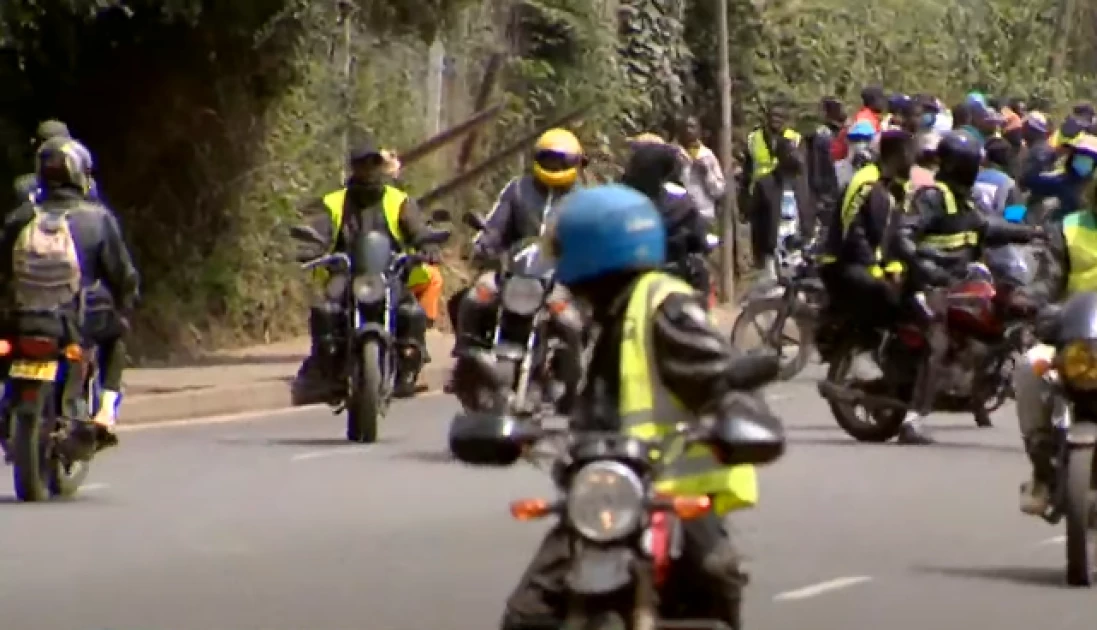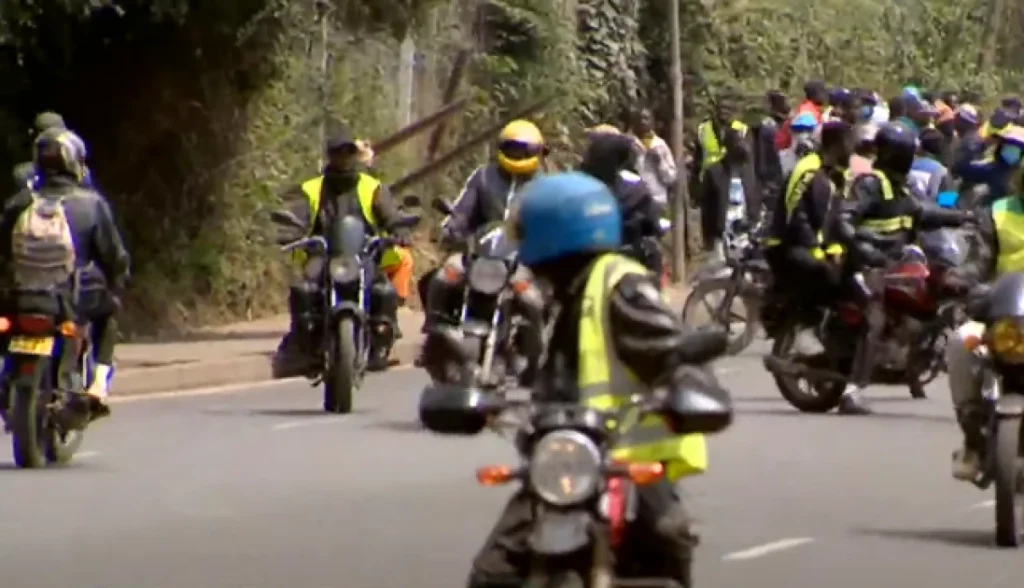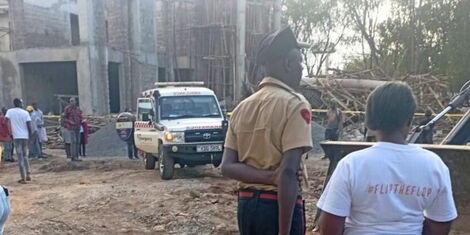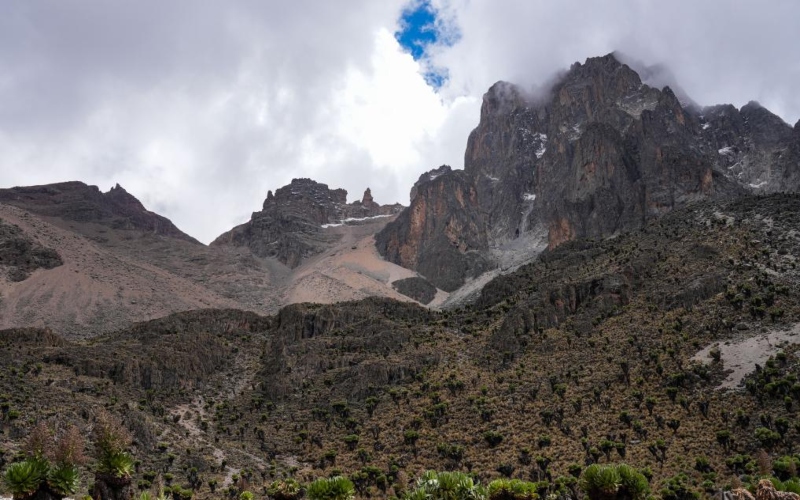
A fierce backlash erupted in Parliament today as Kenya’s boda-boda operators delivered a resounding “We are not criminals” message, rejecting Senator Boni Khalwale’s proposed Public Transport (Motorcycle Regulation) Bill. The move promises sweeping changes—including new county safety boards, mandatory SACCO enrollment, GPS trackers, and strict load limits—that riders warn threaten to obliterate their livelihoods.
Under heavy scrutiny before the Senate’s Transport and Infrastructure Committee, the Boda Boda Safety Association of Kenya (BAK) denounced the legislation as punitive and disconnected from the reality of day-to-day earning. BAK President Kevin Mubadi described the bill as “a solution in search of a problem,” arguing it imposes unnecessary bureaucracy and costs on riders already navigating thin margins.
The legislation mandates each of the 47 counties to establish motorcycle safety boards, requiring fresh registration—even though NTSA already maintains a national database. Riders fear this duplication will only foster harassment and corruption.
Mandatory SACCO membership also drew strong criticism. While BAK supports organized transport, Mubadi warned that compulsory SACCOs could breed cartels and strip riders of choice. “It’s how dreams are killed,” he said.

GPS trackers, uniform requirements, and formal employment contracts were among the most contentious provisions. Operators argue these will increase operating costs, favor politically connected suppliers, and penalize flexibility essential to informal sector work. Mubadi cautioned that enforcing a 50 kg load cap—despite most sacks of maize exceeding 90 kg—would criminalize rural commerce, depriving remote communities of critical transport.
This legislation’s overhaul of enforcement to counties also raises alarms over inconsistent application and regulatory chaos. BAK has now called on Parliament to halt the bill, demanding a stakeholder-driven review that prioritizes rider welfare, not red tape.
The showdown throws Kenya’s efforts to regulate its informal transport sector into uncertainty. While lawmakers argue for improved safety and oversight, riders are pushing back hard—insisting that regulation should help them earn, not endanger their future.
With the debate heating up, all eyes turn to whether legislators will recalibrate the bill to reflect ground realities—or press on, risking backlash from the thousands who power Kenya’s urban and rural mobility.
Key Takeaways
- Riders say mandatory regulations could destroy tens of thousands of small-scale livelihoods
- Safety goals struggle to resonate when costs and bureaucracy soar
- Public pressure may force a major rethink—or set the stage for more rural unrest






